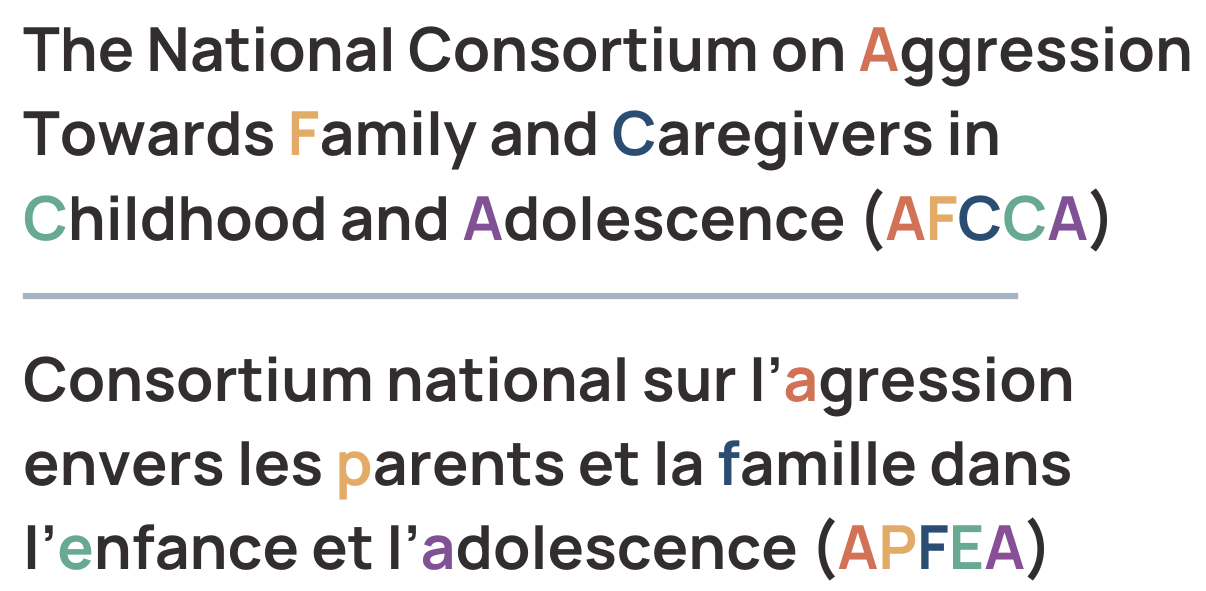
Individuals’ names have been changed in order to protect their privacy, or that of their child /adolescent.
river’s story
River grew up in foster care. She participated in AFCCA behaviour herself as a youth and has witnessed AFCCA in multiple contexts. She is now a mom to a child that exhibits AFCCA and she has also experienced it as a foster mom. River also now works and studies in this area.
River describes her neurodiverse son as a “very sweet, lovable, brilliant little 10-year-old…but he does have that form of expression with his behaviour”. In considering her son, River views AFCCA as “a brain sensitivity, and there’s many factors that affect it including trauma and attachment. It also has some biological components, so it has nothing to do with anything that anyone’s done to cause it, it’s just a wiring difference in the brain.”
“There’s always hope…you can heal trauma at any age, you can always learn different ways of communication and learn new positive coping strategies, there’s a good reason for everything and behaviour is communication.”
“The amazing children that I get to work with, their brains are wired in such a complex way. That child is amazing, that parent is amazing.”
River notes that when a family can find a way to adapt the environment to allow success, she’s seen so many families realize positive gains. She concludes:



